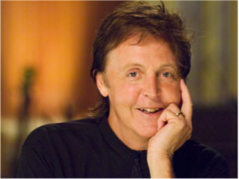
With all of the hoopla and remembrances this month about the 50th Anniversary of the “Beatles Invasion” of the US, I’ve been thinking about Paul McCartney’s post-Beatle, post-Wings, career as a budding classical composer. Which, it should be remembered, tended to veer towards choral works like the Liverpool Oratorio and the symphonic poem Standing Stone, featuring the Orchestra of St. Luke’s and New York Choral Artists.
The American premiere of Standing Stone was my first brush with Beatlemania, when I produced the live broadcast from Carnegie Hall for NPR…which the Fleet Street-inspired PR folks for McCartney hyperbolically declared the live web/broadcast as “The Single Largest Classical Music Event in History.” (Remember, this was 1997, folks, when a “Web Cast” was a totally new phenomenon!).
But I digress. Here’s the Macca quote, which I think is such a nice summation of why people can be freaky about singing in a choir:
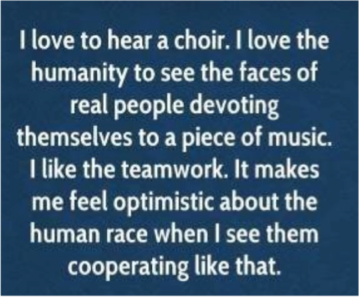
As it happened, Standing Stone turned out to be the first of many shows I produced for NPR involving McCartney. One of the most successful I think was another choral program: A Garland for Linda, a “choral song cycle” written as memorial for Linda McCartney/benefit for The Garland Appeal breast cancer research fund.
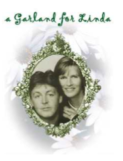 The 2000 Garland, which featured contributions not only from Macca but such leading UK composers as John Tavener, Judith Bingham, David Matthews, (not to be confused with Dave Matthews), John Rutter, Roxanna Panufnik, Michael Berkeley, and Sir Richard Rodney Bennett, was in turn inspired by the 1953 Garland for the Queen, featuring contributions from such composers as Benjamin Britten, Herbert Howells, Ralph Vaughan Williams, Gerald Finzi, and Arnold Bax. And there was an even earlier precedent, according to the British music blog The Land of Lost Content:
The 2000 Garland, which featured contributions not only from Macca but such leading UK composers as John Tavener, Judith Bingham, David Matthews, (not to be confused with Dave Matthews), John Rutter, Roxanna Panufnik, Michael Berkeley, and Sir Richard Rodney Bennett, was in turn inspired by the 1953 Garland for the Queen, featuring contributions from such composers as Benjamin Britten, Herbert Howells, Ralph Vaughan Williams, Gerald Finzi, and Arnold Bax. And there was an even earlier precedent, according to the British music blog The Land of Lost Content:
The Garland was commissioned by the Arts Council of Great Britain, to celebrate the Coronation of Her Majesty Queen Elizabeth in 1953. One wonders if that ‘quango’ would be active in anything so ‘establishment’ in our age? The ten poets and ten composers were bidden to create settings for mixed voices. The idea was to craft a 20th century ‘replica’ of the famous The Triumphs of Oriana (1601) which was presented to Queen Elizabeth I. The present series of songs is not a parody of the earlier cycle but it is certainly influenced by it. The madrigal is a creative inspiration for both of these composite pieces.
The Garland program was a live broadcast from the cavernous Riverside Church on New York’s Upper East Side, featuring conductor Helen Cha-Pyo leading the excellent Riverside Choir. NPR’s Susan Stamberg and WNYC’s John Schaefer were the hosts…and we actually broadcast from the 3rd level “side aisle” on the right side of the church (click here for your handy glossary of cathedral architecture). The playlist for the complete program is here.…and posted below. It reminds me that someday I need to dig up the piece that I don’t think was ever recorded: the USA premiere of Peter Broadbent‘s arrangement of Four Songs for Chorus by Lennon & McCartney:
For No One; Here, There and Everywhere; And I Love Her; Good Day Sunshine
Don’t think it ever appeared on a recording. Peter was really the driving force behind the entire project, as I recall.
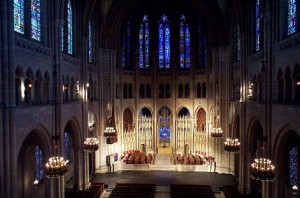
The Garland project actually turned out to yield a broadcast, a Bob Edwards interview on NPR’s Morning Edition, and even a CD, as we recorded a benefit concert at the Supper Club in NYC that featured a performance by the rather impromptuly-assembled Loma Mar Quartet of string-quartet arrangements of a few of the pieces. Alas, no chart action on Billboard, however…
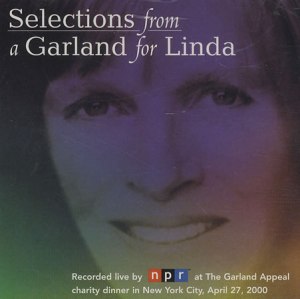
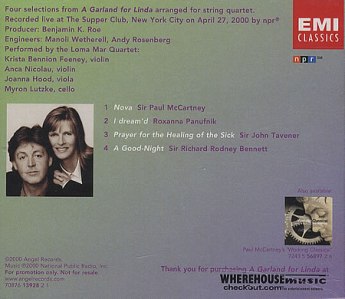 (more…)
(more…)


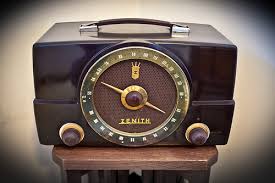

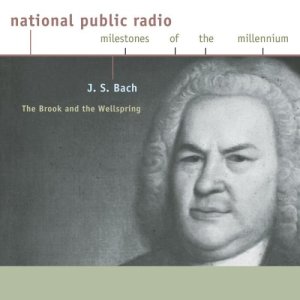







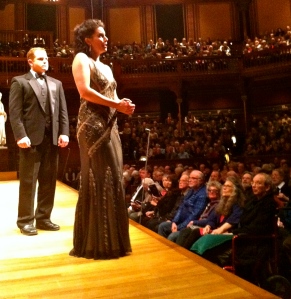
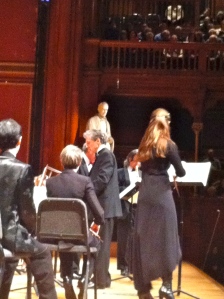
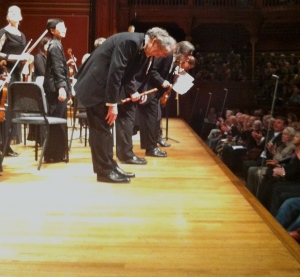
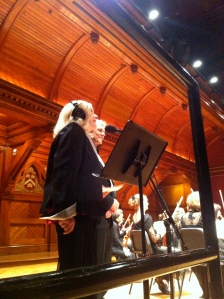


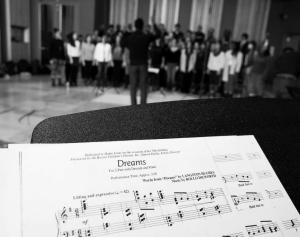
You must be logged in to post a comment.